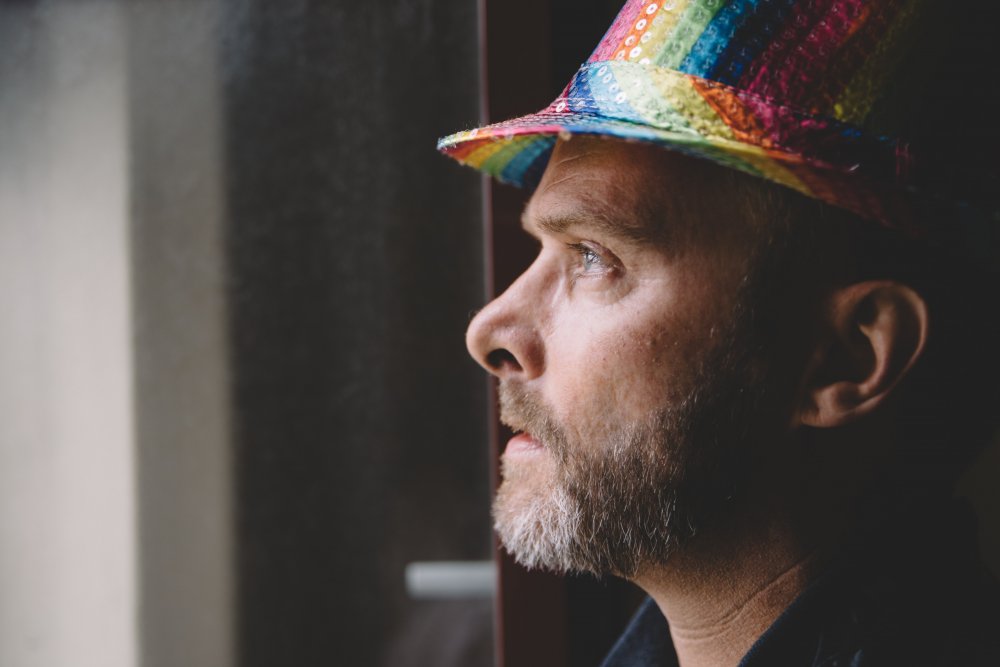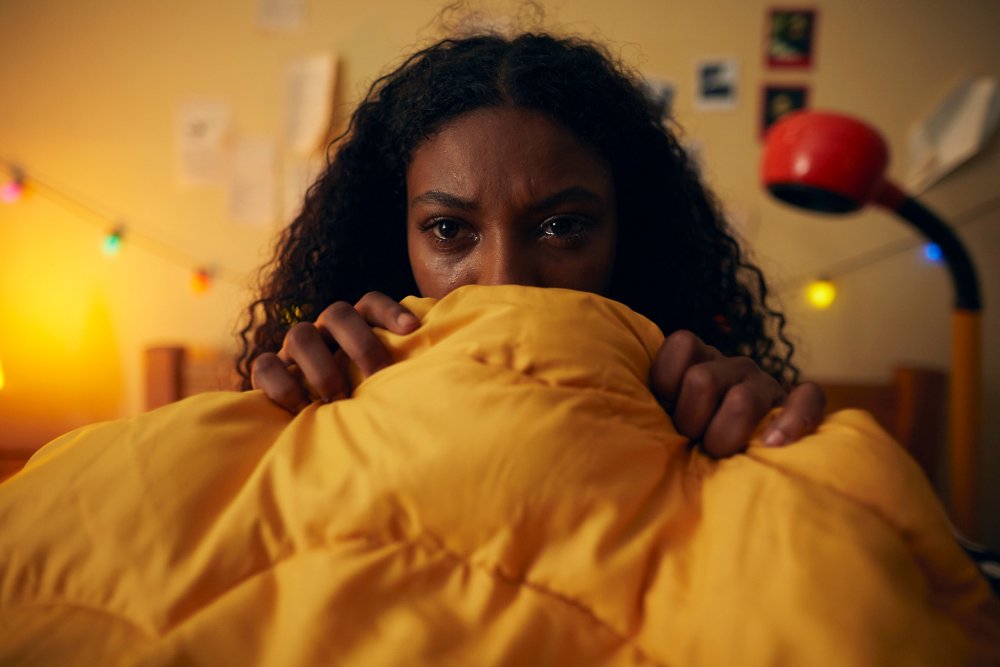Since 2015, the BFI and British Council have collaborated on a project called Five Films for Freedom, which makes a selection of shorts from BFI Flare: London LGBTIQ+ Film Festival available online for free around the world. As the sole digital-only aspect of Flare’s public programme, it’s the only part of the festival to be unaffected by the cancellation of the main 12-day programme at BFI Southbank – known by some devotees as ‘queer Christmas’ – in response to the spread of coronavirus.
Five Films for Freedom are also available to watch on BFI Player, and via the British Council’s YouTube channel, until midnight on Sunday 29 March 2020.
The Five Films platform can be found here as planned (and the films embedded below). But the context and content of its selection and strategy can now only be viewed in light of our new situation. These shorts raise questions and concerns whose terms have now shifted, perhaps forever, particularly around the dynamic between the public and the domestic.
How does the urge to congregate openly intersect with the uses of privacy? What kinds of pride are possible without embodied civic interaction? When is the home a sanctuary and when is it a trap? Are biological family bonds more significant than those of chosen family? And how viral is queer itself?

When Pride Came to Town (2020)
By enabling access to LGBTQ content, Five Films aims to export a global-north model of tolerance and equality to places “where homosexuality remains illegal”, proposing itself as “a unique global opportunity for LGBTIQ+ support and connection”. It’s a model based on the assumption that viewers who can’t partake of the nourishing communality of a sold-out NFT1 screening might yet overcome self-isolation by accessing a kind of digital commons. Many of us are about to become increasingly familiar with this model, wherever we live – even as the project of globalisation enters uncharted, turbulent waters.
Questions of public and private run through each of 2020’s five films. Three of them are predominantly structured around tensions between normative family life and the expression of minority sexuality and gender identities. In Brazilian director Caio Scot’s lively After That Party, twentysomething Léo (Lucas Drummon) and his best friend Carol (Mel Carvalho) struggle to broach the subject of queerness in the family – the twist being they think his dad (Charles Fricks) is gay. To be public here is to invite destabilisation but also liberation. “You need to get out more,” Carol tells Léo, and when he does he gets more than he bargained for.
Sarah-Jane Drummey’s bittersweet 134 brings us into a troubled young family in southwest Ireland. Young adolescent Jack (Bill Cornally) is a talented Irish dancer who finds artistic pursuit of the form hampered by expressions of gender difference. Mum (Mary Murray) is supportive, dad (Eric Lalor) less so. There’s much to admire in the passionate performances and Jorge Toledo Portilla’s careful, witty photography, though some of the pronoun usage seems unclear. Here, the live performance event is a crucial flashpoint between individual, family and public – and a site of quite some glamour too.
In British director Nosa Eke’s uneasy Something in the Closet, teenager Madi (Demii Lee Walker) finds her attraction to a friend expressed through red-eyed, growly-voiced, sharp-clawed rumblings in her closet, to her mother’s consternation and her friends’ crass suspicions. The film’s affectionate nods to genre include Carpenter-esque synth jabs and echoes of The Babadook. To be public here is to risk abjection, shame, stigma: when a friend gasps “wait till everyone hears about this,” it’s not a supportive sentiment.
That such backward feelings still blight too many queer lives, even in supposedly more tolerant and equal societies, is underscored in Julia Dahr and Julie Lunde Lillesæter’s When Pride Came to Town, a documentary about Norway’s first small-town pride parade. Questions of publicness and the common good are starkly framed by bigoted religious objections (carefully offset with the views of more charitable Christians). Such small-mindedness, along with beautiful fjords and police collusion in homophobic violence, is the kind of thing 52-year-old Bjørn-Tore grew up with, prompting him to leave for the city. Seeing gayness publicly acknowledged in his hometown now brings him to tears.
What if sexual and gender difference weren’t just tolerated but centred, forming the foundations of a new kind of public? This is glimpsed in Laura Kirwan-Ashman’s potent, punchy and inspiring documentary Pxssy Palace, about the London nightlife collective of the same name. For its brown, queer, femme members, available gay public spaces weren’t much better than straight ones, leading to “frustration at always having to compromise something when we went out”. So they had house parties that turned into club nights rooted in intersectional insights, mutual care and liberating fun. In just six minutes, the film touches on the uses of lived experience, strategy, transformation, archiving and understandings that the dancefloor can be educational. Domestic pleasures yield a bold new civics.
The idea that queer living might mean the justified rejection of normal social and family ties, rather than reassuring accommodation to them, remains to some deeply disturbing and repulsive – as repulsive as disease. Norwegian protestors complain that queerness is “more out in the open now and that’s not good”, provoking a “desire to protect future generations”. “Don’t get too close,” one of the teenagers in Something in the Closet warns. “It’s probably contagious.” Queer is still routinely understood across the globe as a matter of exposure and infection – something to consider as all of us, wherever we live, adjust to experiencing filmgoing and each other across social distance.
-
The 100 Greatest Films of All Time 2012

In our biggest ever film critics’ poll, the list of best movies ever made has a new top film, ending the 50-year reign of Citizen Kane.
Wednesday 1 August 2012
-
The Digital Edition and Archive quick link
Log in here to your digital edition and archive subscription, take a look at the packages on offer and buy a subscription.








